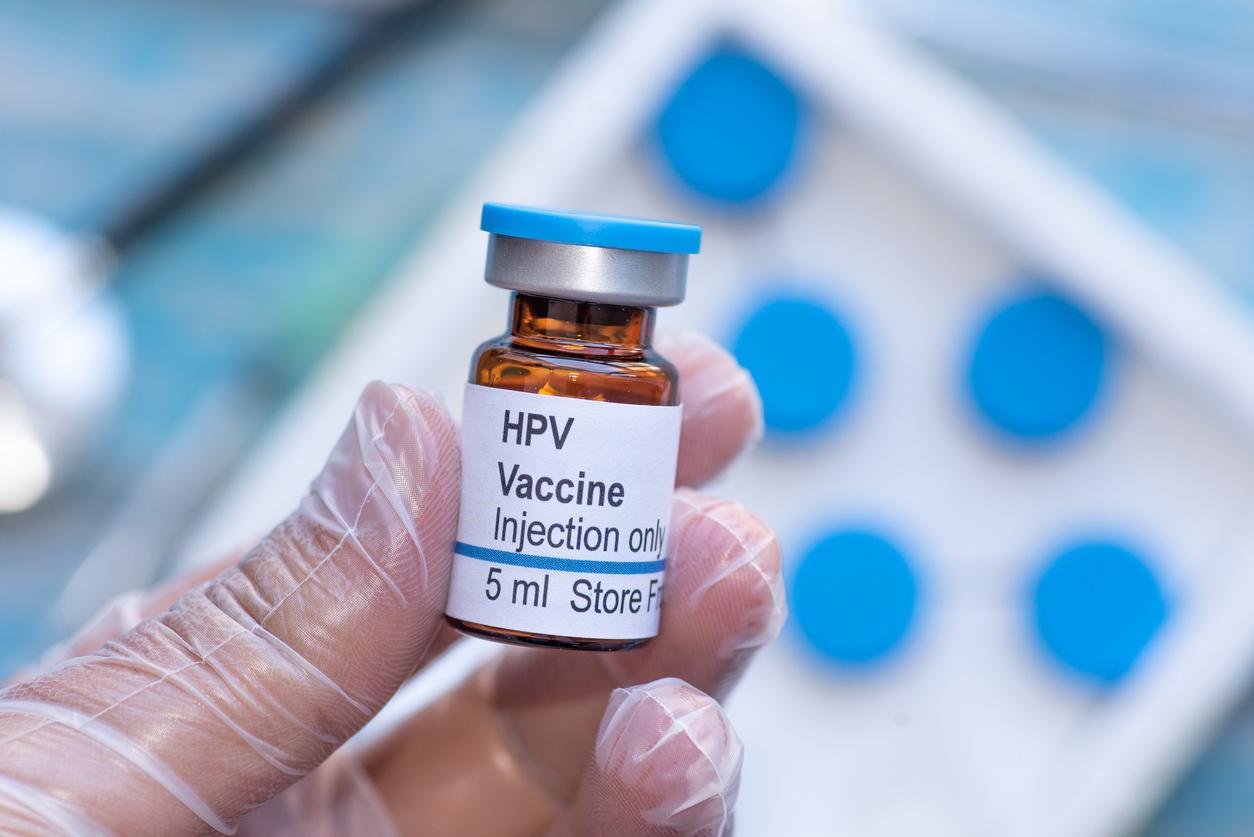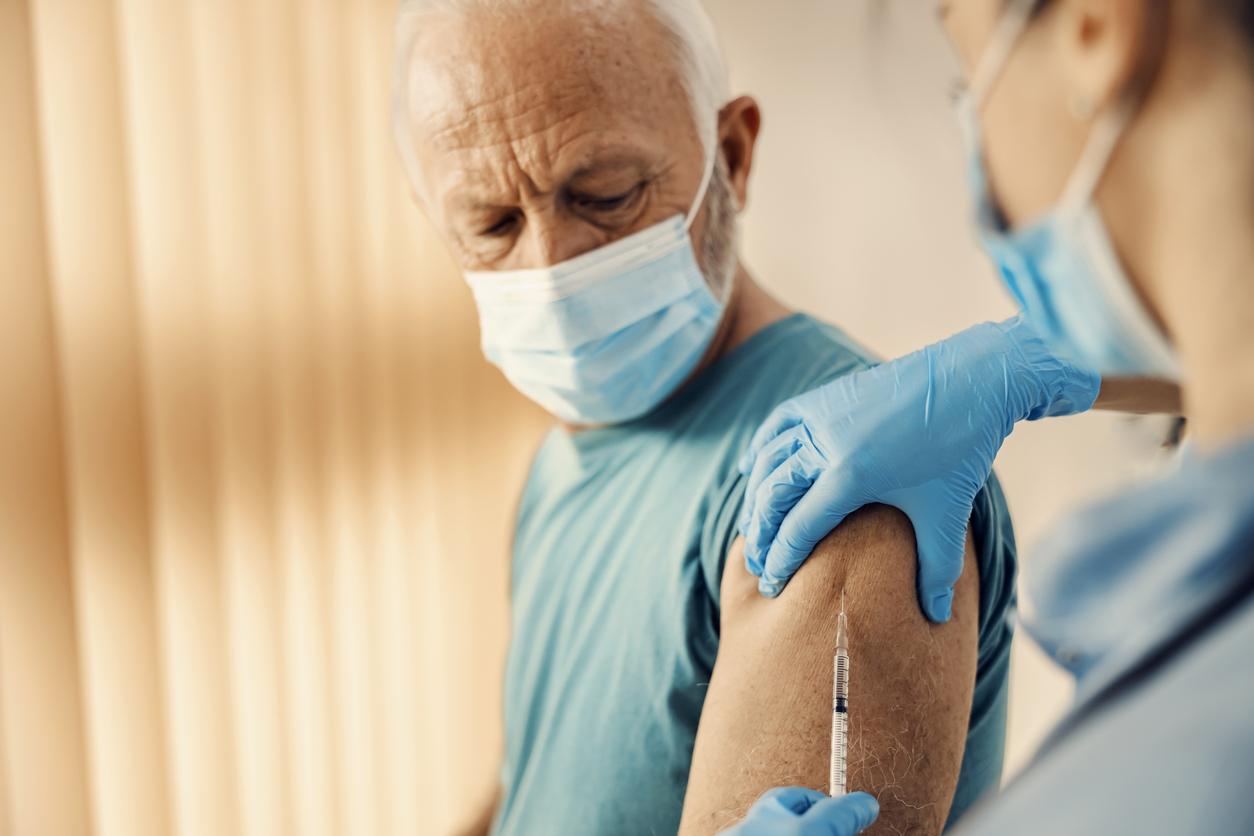During a clinical trial, a vaccine showed promising initial results in patients with triple negative breast cancer, one of the most complicated forms of cancer to treat.

- Triple negative breast cancer affects around 9,000 women per year in France.
- This form of cancer is one of the most difficult to treat.
- Researchers have developed a vaccine with a favorable immune response against triple negative breast cancer.
Nearly 60,000 new cases of breast cancer are diagnosed each year, according to the Curie Institute. 15% of these patients are affected by triple negative breast cancer, an aggressive form of cancer. “Not sensitive to hormonal treatments, nor to targeted anti-HER2 therapy (…): three-quarters of patients do not respond to treatment”notes the organization.
Triple negative breast cancer : a personalized vaccine for each patient
In recent research, scientists from Washington University in St. Louis (United States) revealed that a new therapeutic vaccine could be effective in treating triple negative breast cancer. The results of this work were published in the journal Genome Medicine.
As part of the clinical trial, 18 patients with triple-negative breast cancer that had not spread elsewhere in the body were recruited. These women had already experienced chemotherapy combined with surgery to remove their breast tumors.
The tumor tissue removed during the operations was then analyzed to identify unique genetic mutations in the patients’ cancer cells. Based on the mutations, the research team developed a personalized cancer vaccine for each patient.

Nearly 14 patients developed an immune response to the vaccine
Three doses of the vaccine were injected into the patients. Each immune system was thus able to recognize key mutations in their specific breast tumors and attack the cancer cells.
According to initial results, 14 of 18 patients with triple negative breast cancer developed an immune response to the vaccine. “We hope to be able to increasingly bring this type of vaccine technology to our patients and help improve treatment outcomes in patients with aggressive cancers.”noted the researchers. The latter, however, indicated that larger clinical trials are needed to prove the effectiveness of the vaccine.
















